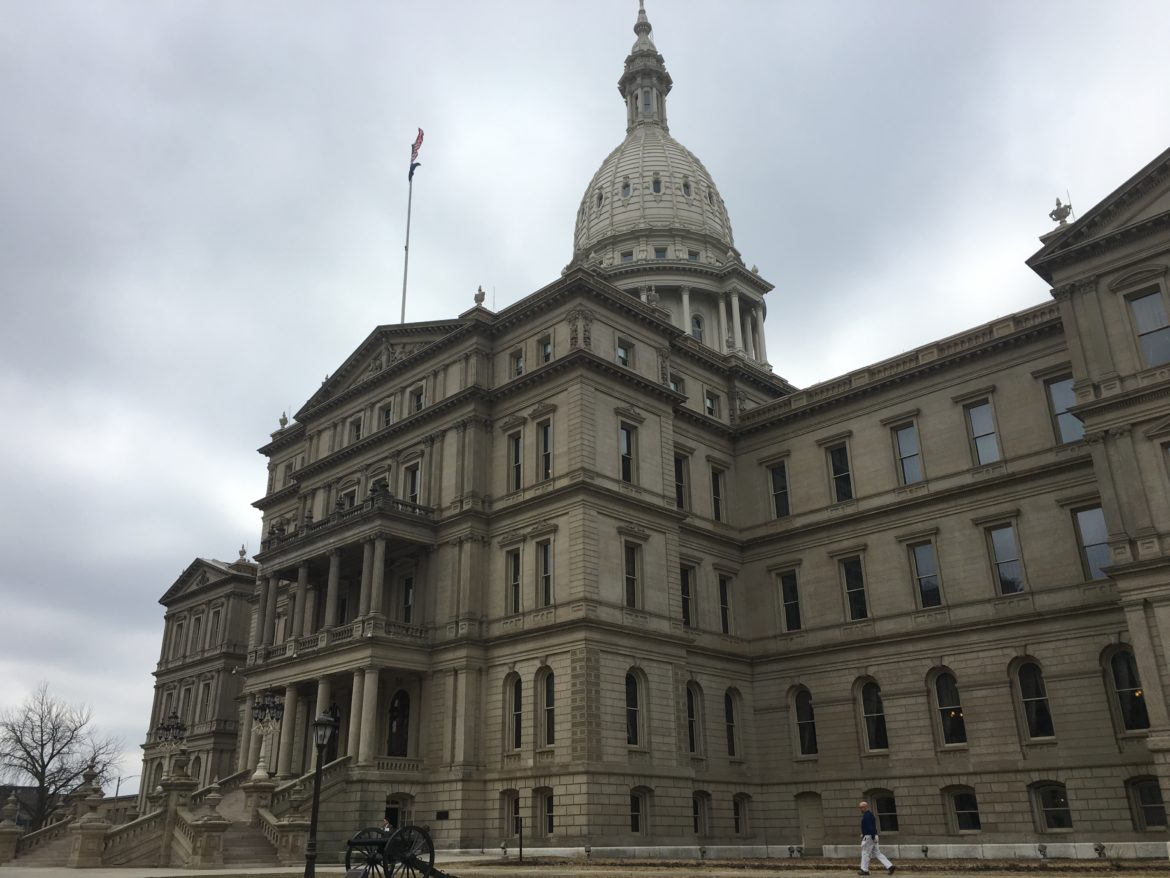News
Michigan lawmakers look to make schools safer with legislation
|
Over the past few months, Michigan lawmakers have been hard at work, even across the aisle, in an effort to make schools safer. In early June, a package containing seven bills focusing on school safety was passed in the Senate. The bills target a wide range of topics, including inspecting new school buildings or renovations to existing buildings, developing emergency operations plans for every school and increasing funding to school resource officers and mental health counselors. Senate Bill 983, which was passed June 7, would require school districts to work with law enforcement to conduct a review of the school’s emergency operations plan. Each school would have its own plan should a potentially dangerous event occur, including threats of school violence and attacks, bomb threats, fires, intruders and several others.









